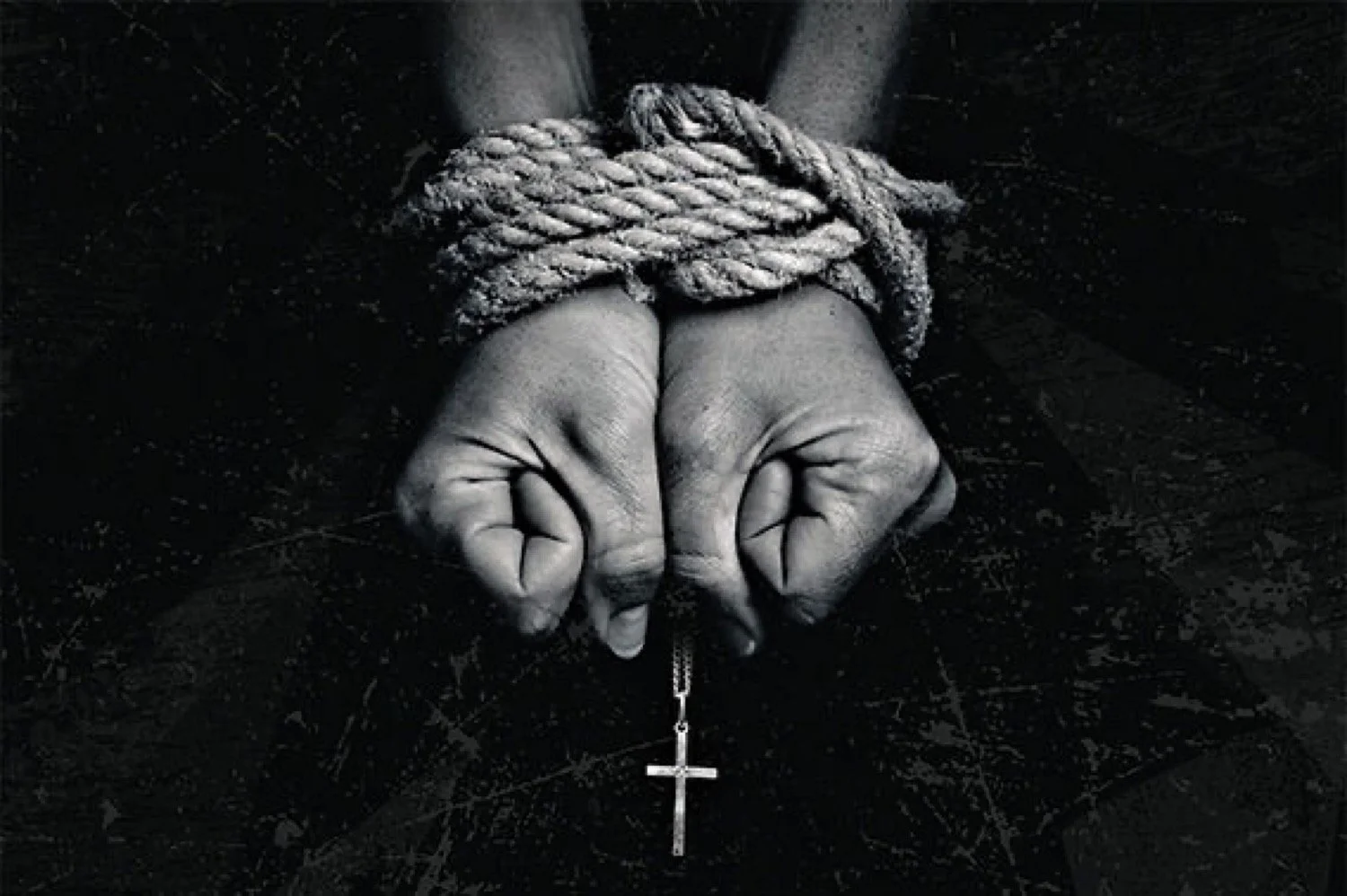Readings for today: Deuteronomy 31-34
As we finish the Book of Deuteronomy, we need to pause for a moment and reflect on the life of Moses. Miraculously saved at birth. Raised in the palace of Pharaoh. Exiled for murder. Bedouin shepherd. Husband. Father. Called late in life to save Israel. Prophet. Miracle-worker. Deliverer. Spiritual and political leader of a nation of wandering ex-slaves. His life, especially the last third, was marked by his close relationship with God. Now we are at the end. Now the people stand on the borders of the Promised Land. Now he’s on a mountain looking over at the fulfillment of all God has promised. Now is his last chance to share with his people all he has learned in his 120 years of walking with the Lord.
So Moses sings them a song...(Deut. 32:1-43)
“Give? ear, O heavens, and I will speak, and let the earth hear the words of my mouth. May my teaching drop as the rain, my speech distill as the dew, like gentle rain upon the tender grass, and like showers upon the herb. For I will proclaim the name of the Lord; ascribe greatness to our God! "The Rock, his work is perfect, for all his ways are justice. A God of faithfulness and without iniquity, just and upright is He...” For Moses, everything begins with God. God’s faithfulness. God’s steadfast love. God’s enduring grace. Without God, he is nothing. Without God, the people of Israel are nothing. Without God, they would still be slaves in Egypt. If God had abandoned them, they would have died in the wilderness. If Moses is going to sing about anything, it will be about the greatness of God! The glory of God! The majesty of God!
“They have dealt corruptly with him; they are no longer his children because they are blemished; they are a crooked and twisted generation. Do you thus repay the Lord, you foolish and senseless people? Is not he your father, who created you, who made you and established you? Remember the days of old; consider the years of many generations; ask your father, and he will show you, your elders, and they will tell you...” Moses also sings of the people he has served. He boldly reminds them of the truth. They are sinners. They are broken. They are rebellious. They despised God. They abandoned God. They doubted God. They disobeyed God. He sings, eyes wide open to the reality of their condition. He pulls no punches. He’s not interested in sentimentality. This is his last chance to speak and he’s not going to waste words on empty flattery.
“But the Lord 's portion is his people, Jacob his allotted heritage. "He found him in a desert land, and in the howling waste of the wilderness; he encircled him, he cared for him, he kept him as the apple of his eye. Like an eagle that stirs up its nest, that flutters over its young, spreading out its wings, catching them, bearing them on its pinions, the Lord alone guided him, no foreign god was with him. He made him ride on the high places of the land, and he ate the produce of the field, and he suckled him with honey out of the rock, and oil out of the flinty rock. Curds from the herd, and milk from the flock, with fat of lambs, rams of Bashan and goats, with the very finest of the wheat— and you drank foaming wine made from the blood of the grape...” Back to God. It was God who first called Jacob. Found him in the wilderness. Loved him. Nursed him. Cared for him. Taught him how to walk. Taught him how to live. Guided him along the way. Always protecting. Always providing.
“But Jeshurun grew fat, and kicked; you grew fat, stout, and sleek; then he forsook God who made him and scoffed at the Rock of his salvation. They stirred him to jealousy with strange gods; with abominations they provoked him to anger. They sacrificed to demons that were no gods, to gods they had never known, to new gods that had come recently, whom your fathers had never dreaded. You were unmindful of the Rock that bore you, and you forgot the God who gave you birth...” What was the response of the people? Again, rebellion. As they grew strong and prosperous, they forgot God. They started going their own way. Doing their own thing. Forgetting God. Seeking to be their own gods. They repeated the sin of Adam and Eve. They fell for the original temptation of the evil one. They gave in, wanting to live like gods themselves.
"The Lord saw it and spurned them, because of the provocation of his sons and his daughters. And he said, 'I will hide my face from them; I will see what their end will be, for they are a perverse generation, children in whom is no faithfulness...” So God judged them. Disciplined them in his wrath. He sought to purify and sanctify them through suffering. Through exile. Through wandering. Through defeat. He was faithful to remind them they held no power of their own. They had no strength of their own. All they had achieved had come via the mercies of God. He would not allow their illusions and self-deceptions to stand.
“For the Lord will vindicate his people and have compassion on his servants, when he sees that their power is gone and there is none remaining, bond or free...See now that I, even I, am he, and there is no god beside me; I kill and I make alive; I wound and I heal; and there is none that can deliver out of my hand...Rejoice with him, O heavens; bow down to him, all gods, for he avenges the blood of his children and takes vengeance on his adversaries. He repays those who hate him and cleanses his people's land.” It took God forty years to bring his people to their knees. But the long years of wandering were not in vain. Now they knew God. Now they saw God. Now they understood God. They submitted. They surrendered. They repented. And they were ready to enter the land He had promised.
Friends, this isn’t just Moses’ story. It’s not just Israel’s story. It’s my story. It’s your story. And this begs a really important question...when the years grow short and your strength begins to fail and you’re surrounded by your family and those you love, what song will you sing? Will you sing of God and His great faithfulness? Will you sing of His mercies and kindness? Will you declare His glory and majesty? Will you make known His mighty works to the next generation? What song will you sing?
Readings for tomorrow: Joshua 1-2, Psalm 105




